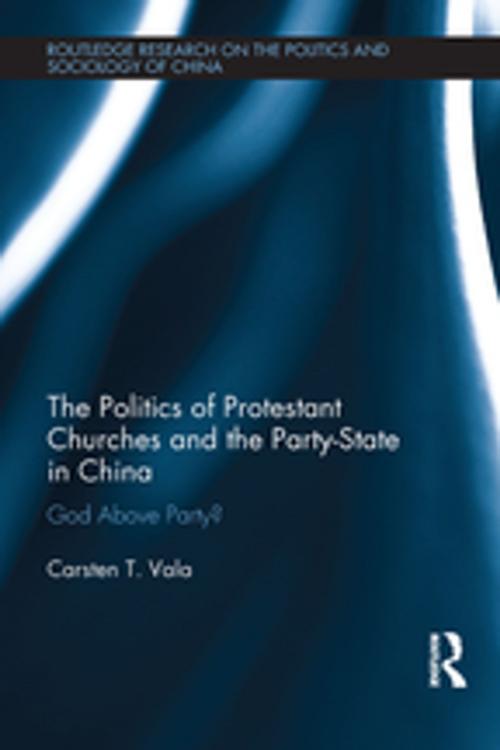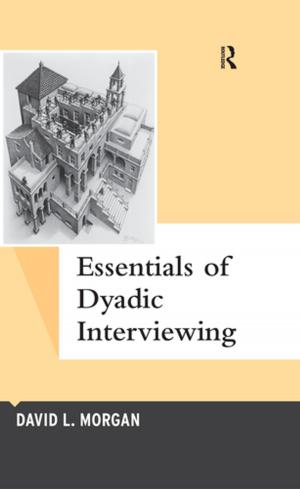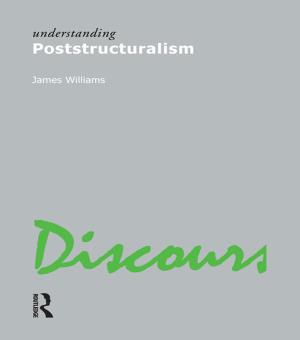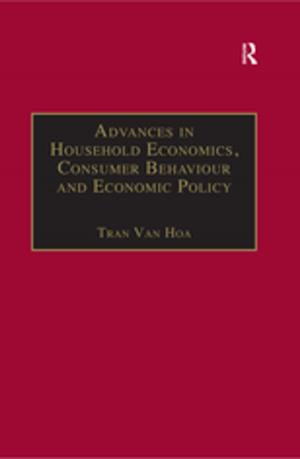The Politics of Protestant Churches and the Party-State in China
God Above Party?
Nonfiction, Religion & Spirituality, Christianity, General Christianity, Social & Cultural Studies, Political Science, International| Author: | Carsten T. Vala | ISBN: | 9781351712668 |
| Publisher: | Taylor and Francis | Publication: | September 6, 2017 |
| Imprint: | Routledge | Language: | English |
| Author: | Carsten T. Vala |
| ISBN: | 9781351712668 |
| Publisher: | Taylor and Francis |
| Publication: | September 6, 2017 |
| Imprint: | Routledge |
| Language: | English |
Among China’s restive religious and social groups, Protestants have arguably created the most sustained structural challenges to the Chinese Communist Party’s ordering of society. By drawing on grassroots fieldwork conducted across the country, this book therefore charts the ambition of the government to restrain Protestant population growth and direct it towards regime purposes.
In particular, interviews with key church leaders who founded illegal Protestant congregations with hundreds of participants, reveal how officials and illegal congregational leaders have developed ties of trust and information that have permitted church growth, even as they preserve a public image of Party domination. Thus, by tracing the rise of large, illegal Protestant congregations apart from Party-state structures, this book highlights the importance of the public behaviour of religious actors and regime officials in understanding the dynamics of negotiation, domination, and resistance in 21st century China. Ultimately, The Politics of Protestant Churches and the Party-State in China paradoxically demonstrates that societal actors can alter the boundaries set by the Chinese Communist Party and the ways in which the Party is both more adaptive and resilient in its relations with society than first imagined.
Offering the first book-length analysis of how ambitious Protestants have founded large, unregistered churches despite regime pressure, this book will be useful for students and scholars of Chinese Politics, Chinese Religion and Sociology.
Among China’s restive religious and social groups, Protestants have arguably created the most sustained structural challenges to the Chinese Communist Party’s ordering of society. By drawing on grassroots fieldwork conducted across the country, this book therefore charts the ambition of the government to restrain Protestant population growth and direct it towards regime purposes.
In particular, interviews with key church leaders who founded illegal Protestant congregations with hundreds of participants, reveal how officials and illegal congregational leaders have developed ties of trust and information that have permitted church growth, even as they preserve a public image of Party domination. Thus, by tracing the rise of large, illegal Protestant congregations apart from Party-state structures, this book highlights the importance of the public behaviour of religious actors and regime officials in understanding the dynamics of negotiation, domination, and resistance in 21st century China. Ultimately, The Politics of Protestant Churches and the Party-State in China paradoxically demonstrates that societal actors can alter the boundaries set by the Chinese Communist Party and the ways in which the Party is both more adaptive and resilient in its relations with society than first imagined.
Offering the first book-length analysis of how ambitious Protestants have founded large, unregistered churches despite regime pressure, this book will be useful for students and scholars of Chinese Politics, Chinese Religion and Sociology.















